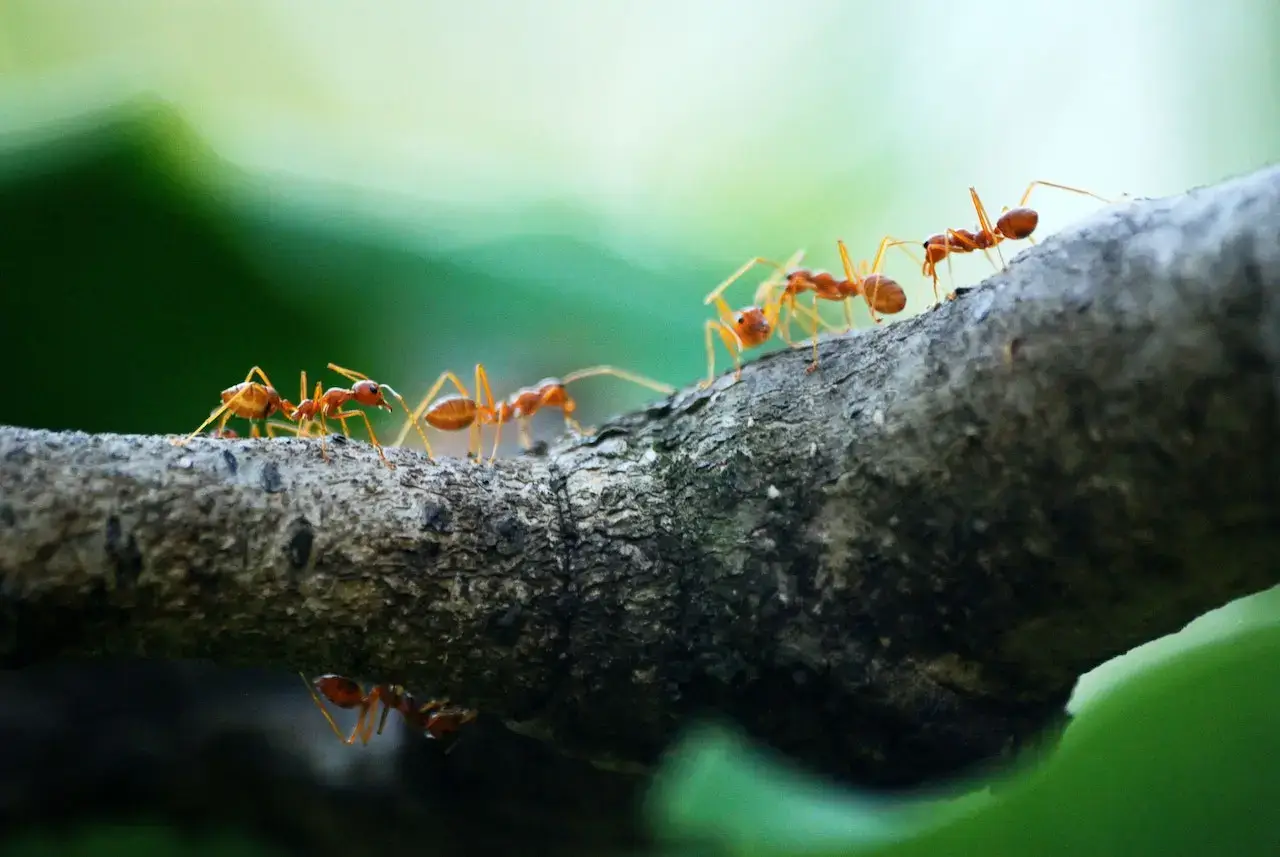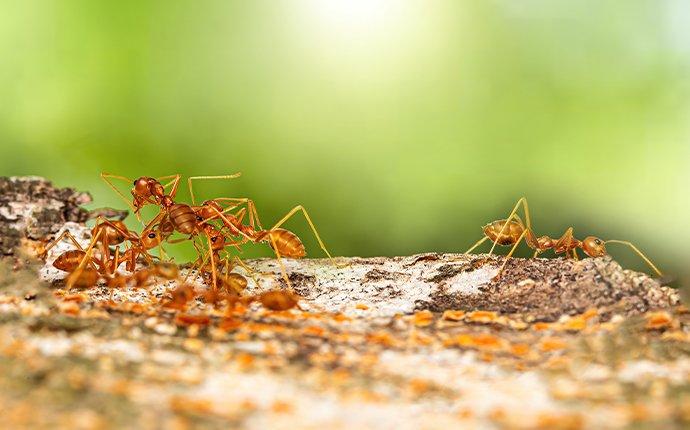Environmental Influence of Parasite Control: Balancing Performance With Sustainability
The environmental influence of insect control is a crucial problem that requires a fragile balance between achieving performance in handling parasites and making certain sustainability of our communities. As we make every effort to shield our crops, homes, and health and wellness from the threats postured by bugs, the methods we use can accidentally hurt the environment. From making use of harmful chemicals that seep into our soil and water to the unexpected repercussions on non-target species, the repercussions of standard pest control methods are far-ranging. Nevertheless, there are emerging approaches that provide wish for a much more sustainable strategy to pest administration. These services not only objective to resolve the immediate bug troubles but likewise take into consideration the long-lasting health and wellness of our earth.
Harmful Chemicals in Parasite Control
The utilization of hazardous chemicals in pest control postures considerable environmental and health and wellness dangers that necessitate cautious consideration and mitigation approaches. Chemicals, herbicides, and insecticides are commonly used to eliminate parasites, yet their prevalent application can lead to unplanned effects. These chemicals can pollute soil, water sources, and the air, impacting not just the targeted bugs but likewise helpful bugs, wild animals, and human beings.

To attend to these threats, incorporated bug management (IPM) methods are being promoted as a more sustainable alternative. IPM involves a mix of methods such as biological control, environment adjustment, and the targeted use pesticides as a last hope (ant control burlington nc). By taking on an all natural approach to pest control, we can decrease the ecological and health and wellness impacts related to hazardous chemicals while efficiently managing pest populations
Influence on Non-Target Variety
Considering the unintended repercussions of insect control techniques, the influence on non-target varieties is an important aspect that needs detailed analysis. While insect control measures intend to target certain pests, other microorganisms in the environment may be inadvertently influenced. Non-target types, including helpful bugs, birds, creatures, and also plants, can experience indirect or straight harm from pesticide applications or organic control methods.
Pesticides can have sub-lethal or lethal impacts on non-target species. Insecticides made to combat a certain bug pest might harm pollinators like or natural predators such as ladybugs. Furthermore, chemical deposits can gather in the environment, affecting non-target microorganisms gradually. Biological control representatives, if not species-specific, can present dangers to unexpected targets, interfering with the environmental balance.
To alleviate the influence on non-target species, integrated parasite management (IPM) approaches that emphasize a holistic strategy to pest control are recommended. These techniques focus on the usage of environmentally pleasant practices, minimizing damage their explanation to helpful microorganisms while properly taking care of pest populaces. Carrying out detailed risk assessments and keeping an eye on the end results of bug control efforts are important steps in securing non-target varieties and advertising general ecological community wellness.
Soil and Water Contamination
Unexpected environmental consequences of parasite control techniques prolong beyond impacting non-target types, with substantial implications for soil and water contamination - termite control. Chemicals, herbicides, and chemical plant foods utilized in pest control can seep right into the dirt and contaminate groundwater, posturing a hazard to both earthbound and aquatic environments.
Water contamination is another critical problem associated with parasite control practices. To minimize dirt and water contamination from parasite control tasks, incorporated bug management strategies that focus on sustainability and decrease chemical inputs are important.
Air Air Pollution From Pesticide Use
Exposure to airborne pesticides during farming applications presents a substantial problem for air pollution control measures. Additionally, chemical drift, where chemicals are carried by the wind to unintended areas, can lead to the contamination of nearby ecosystems and water bodies.

Methods for Sustainable Pest Control
In the realm of farming practices, executing lasting pest control techniques is paramount for maintaining ecological balance and securing plant returns. Sustainable pest control emphasizes using environmentally pleasant methods to manage insect populations effectively while lessening injury to non-target microorganisms and communities. Integrated Bug Monitoring (IPM) is a commonly taken on method that combines organic, social, physical, and chemical control techniques to achieve long-lasting insect administration services.
Crop turning and diversity are also effective methods to interrupt pest life cycles and create less positive problems for bugs to flourish. Eventually, by incorporating these lasting pest control strategies, farmers can attain an equilibrium in between pest management performance and environmental stewardship.
Conclusion
To conclude, the ecological effect of pest control techniques must be very carefully taken into consideration to balance effectiveness with sustainability. Dangerous chemicals made use of in parasite control can result in soil and water contamination, air pollution, and damage non-target species - ant control. It is essential to execute lasting insect control techniques to lessen these negative results on the atmosphere and advertise a healthier community for future generations
By adopting a holistic technique to pest control, we can minimize the ecological and health impacts linked with unsafe chemicals while efficiently taking care of pest populaces.

To mitigate the air pollution caused by pesticide use, it is vital to take on integrated insect management approaches that prioritize the use of non-chemical parasite control methods, such as plant turning, natural killers, and resistant plant varieties. Sustainable insect control emphasizes the usage of ecologically friendly approaches to handle parasite populaces effectively while decreasing injury to non-target microorganisms and environments. Integrated Parasite Management (IPM) is a commonly adopted approach that combines organic, cultural, physical, and chemical control techniques to attain long-term bug monitoring services.